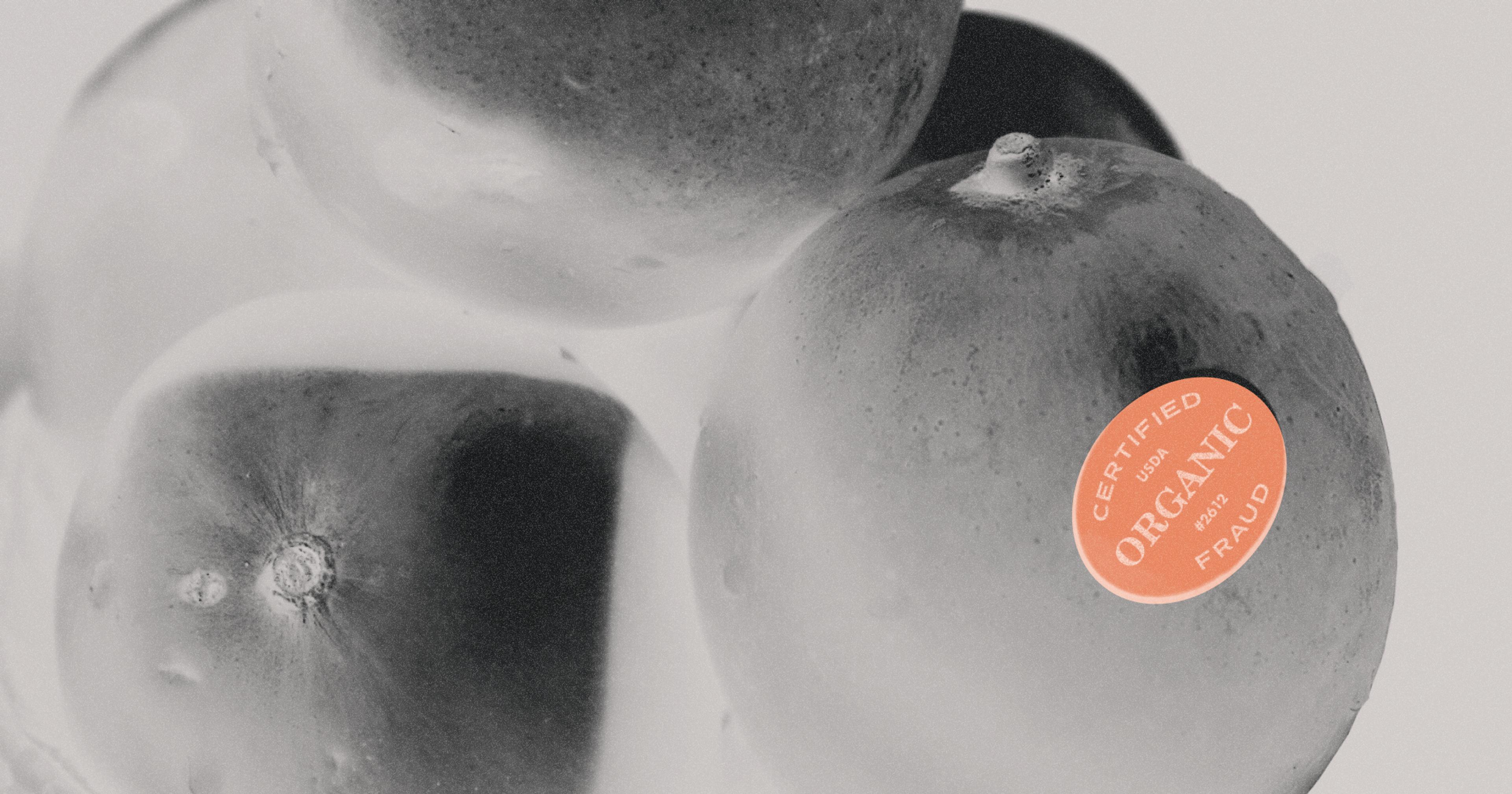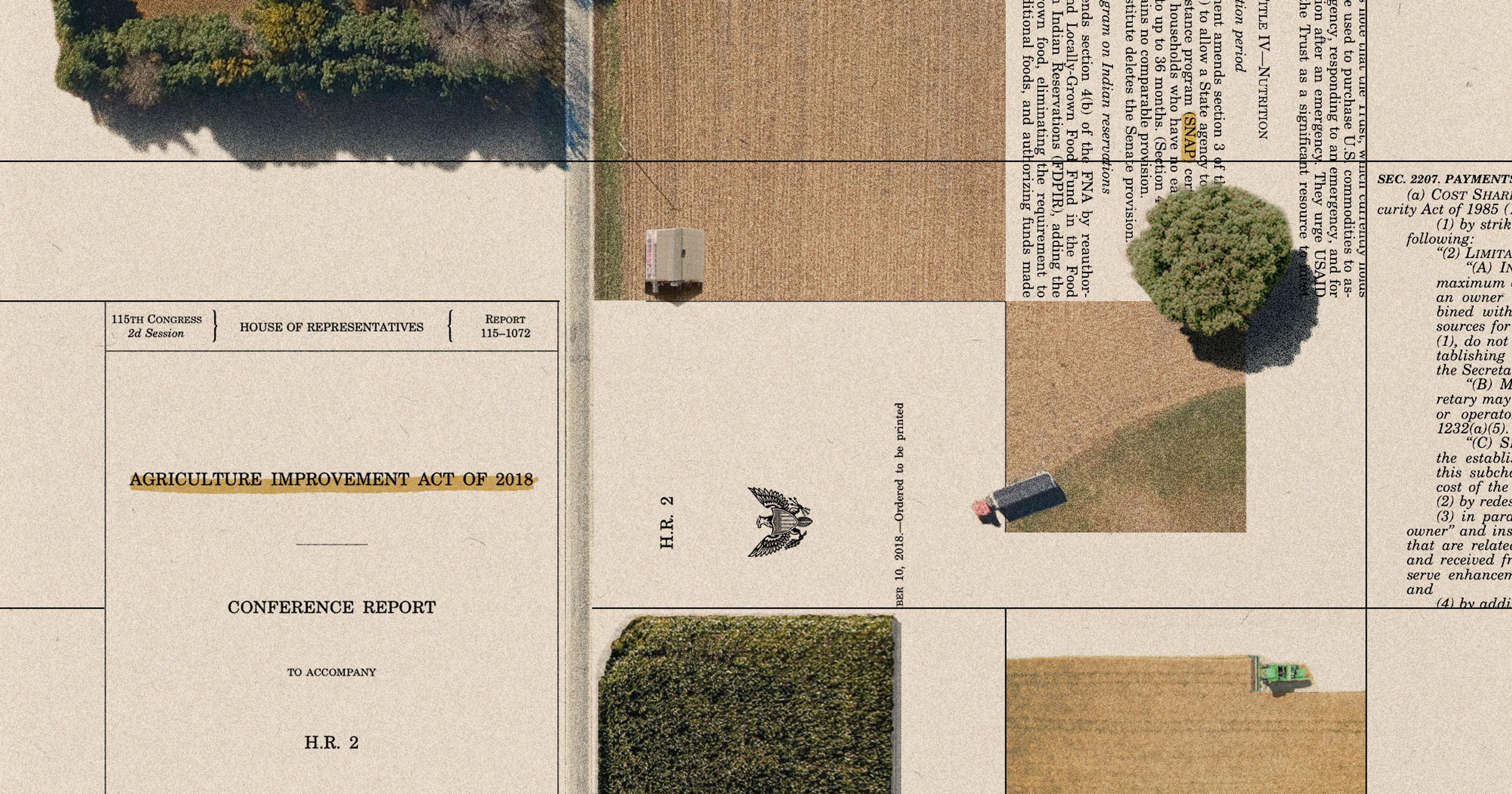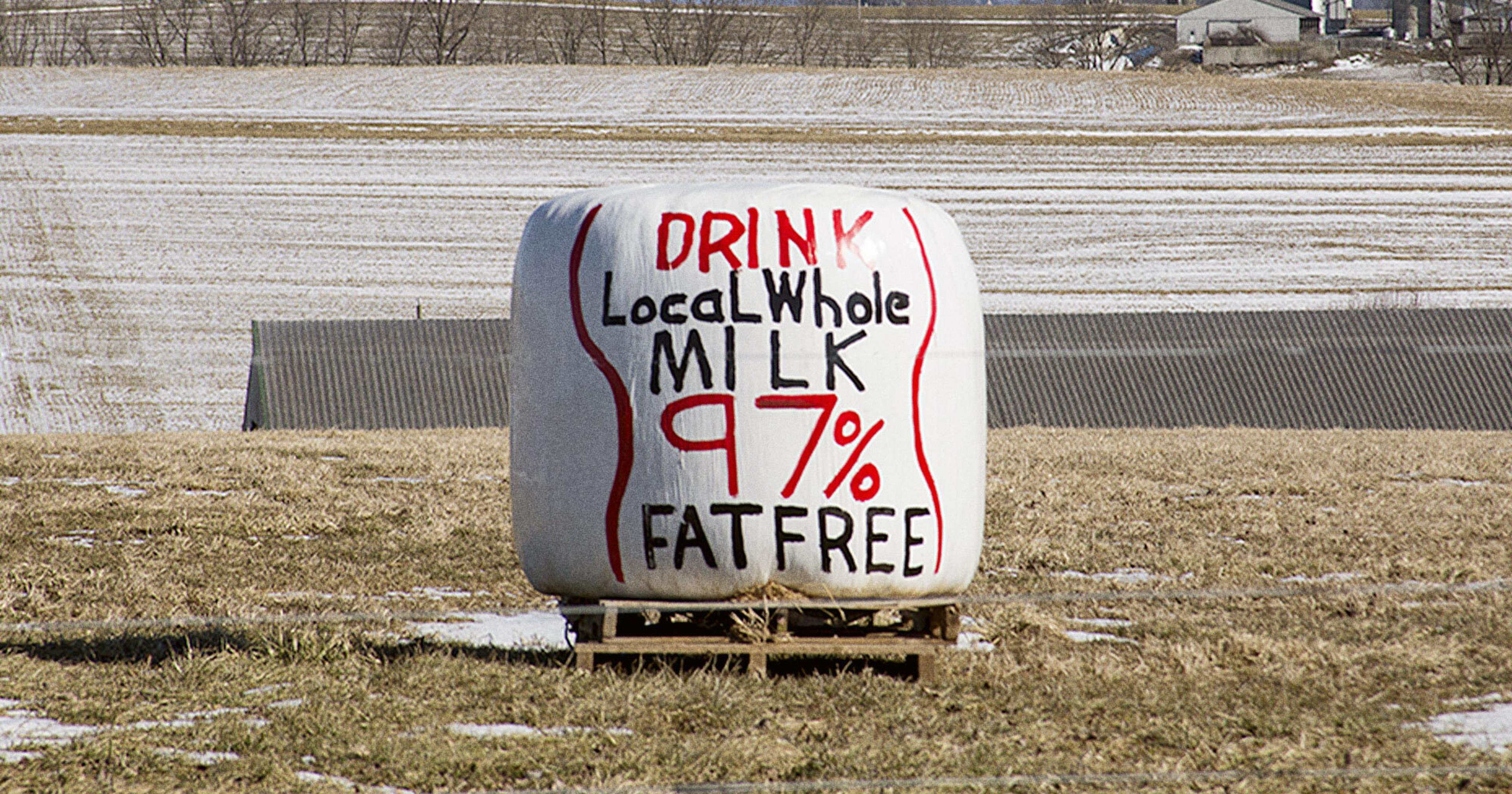The 2018 Farm Bill strengthened future organic protections, after some high-profile, unsavory incidents. Now they’ve arrived and stakeholders seem (mostly) pleased.
USDA is getting set to crack down on fraud in its National Organic Program with a lengthy suite of new regulations. Officially and collectively known as the Strengthening Organic Enforcement (SOE) final rule, these regulations address what USDA’s Agricultural Marketing Service identifies as, “Organic supply chains [that] have become increasingly complex, reducing transparency in the market and leading to documented cases of organic fraud.” The regulations were enabled by language written into the 2018 Farm Bill and have only now been finalized; they’ll go into effect next March and will apply to all organic products.
The events leading to the rule date back roughly to 2015, after the EU turned a more stringent regulatory eye on falsely labeled organics from Eastern Europe that then began to make their way to the U.S. Some American organic farmers began asking for protections from what The Washington Post referred to as “cheap — and fraudulent — organic imports” of corn and soybeans intended as livestock feed, and complaining of lax USDA oversight and enforcement.
Millions of pounds of non-organic grains flooded in from former Soviet Bloc countries, mostly via Turkey, whose organic acreage, a Cornucopia Institute white paper found, did not match up with the amount of tonnage they were exporting. At least one Turkish exporter lost its U.S. organic certification.
An earlier, $46-million grain scam undertaken by a Wisconsin farmer, and another by a Missouri man, had already shown the vulnerability of organics even to domestic imposters (the Wisconsin farmer is charged by the Department of Justice (DOJ) with three counts of wire fraud). Part of the problem: “Any inspection, however principled the investigator, is likely to be cursory,” reported The New Yorker about the Missouri case; in some cases, inspectors may specialize in food processors rather than farms, and they might spend little time diving into paperwork or processes.
More recently, the DOJ indicted two Dubai-based companies on charges of conspiracy, smuggling, and wire fraud for their part in the deception, in which they sold non-organics at premium prices that can be 50 percent higher than conventional.
“The low prices I get for my organic grain make it harder to pay my bills, to maintain and update my equipment, and to earn even a meager profit.”
In response to all the high-profile fraud, organic trade organizations such as the National Organic Coalition (NOC) actively pushed for the 2018 Farm Bill to mandate reducing “the types of uncertified entities in the organic supply chain that operate without USDA oversight, such as importers, certain brokers and traders of organic products.” NOC also provided a lengthy list of recommendations to USDA during the comment period for proposed regulations back in 2020, noting that problems with organic fraud — especially grain — have been a problem for over a decade and threaten organic integrity. On its website, NOC said it “strongly supports provisions in this rule that will give USDA and certification agencies more authority to crack down on bad actors.”
That’s because, for farmers on the ground, the repercussions of fraud can be stark. “Simple supply-and-demand economics means that fraudulently expanding the supply of organic feed grain (or anything, for that matter) will depress the prices at which that grain is sold, directly taking money out of the hands of the legitimate producers (like me) that have to sell into that same, fraud-depressed market,” farmer Pryor Garnett wrote in an email.
He’s an Oregon-based grower of organic grains such as wheat, barley, rye, and triticale for animal and human food. “For me, personally, the low prices I get for my organic grain … make it harder to pay my bills, to maintain and update my equipment, and to earn even a meager profit.” Longer-term, Garnett suspects that stories of fraud cause skepticism about organics in consumers. He said the new SOE rule is “incredibly important” to farmers.
About the new rule, “My only critique is, gosh, we should have done it sooner,” said Adam Warthesen, director of government affairs for organic dairy co-op Organic Valley, who calls the complete document’s 282 pages “perhaps the most significant changes to the organic rules that we’ve seen since they were published” in 2002.
“There’s always room to improve.”
It’s not just farms that need to be certified by what are called organic certifying agents. That said, previously, many businesses along the supply chain didn’t legally have to bother — vulnerable places for fraud to take root. Warthesen said he’s encouraged by a “narrowing” of who will continue to be exempt from certification: mostly retailers, and transport and customs brokers.
But traders, importers, some warehouses, distributors, and brokers, for example, will all have to seek organic certification now, and more frequent reporting of data from these operations will also be required. Warthesen also welcomes standardization of the type of information accredited certifiers need to submit for each organic certificate they issue. “Our co-op uses 33 different certifiers throughout our farmer base and we’ve seen a lot of variation about how they characterize a farm or type of product,” he says.
California Certified Organic Farmers (CCOF), one of almost 80 organics USDA-accredited certifying agents, released a statement through its CEO, Kelly Damewood, that said the organization was currently reviewing the entirety of the rule to “determine its impact to our members and our processes.” Overall, wrote Damewood, “We appreciate many of the proposed changes that will strengthen organic control systems, improve farm to market traceability, and provide robust enforcement of organic regulations.”
A spokesperson for the Organic Trade Alliance (OTA) wrote in an email that the organization was “generally very pleased” about the SOE rule, calling out mandates for import certificate requirements and supply chain traceability. They also expressed optimism — as did Warthesen — about USDA’s launch last year of a $300 million Organic Transition Initiative, meant to better build markets for organic producers. The group is also looking to build on gains made in the 2018 Farm Bill as the new one, for 2023, looms. “There’s always room to improve,” they wrote.







